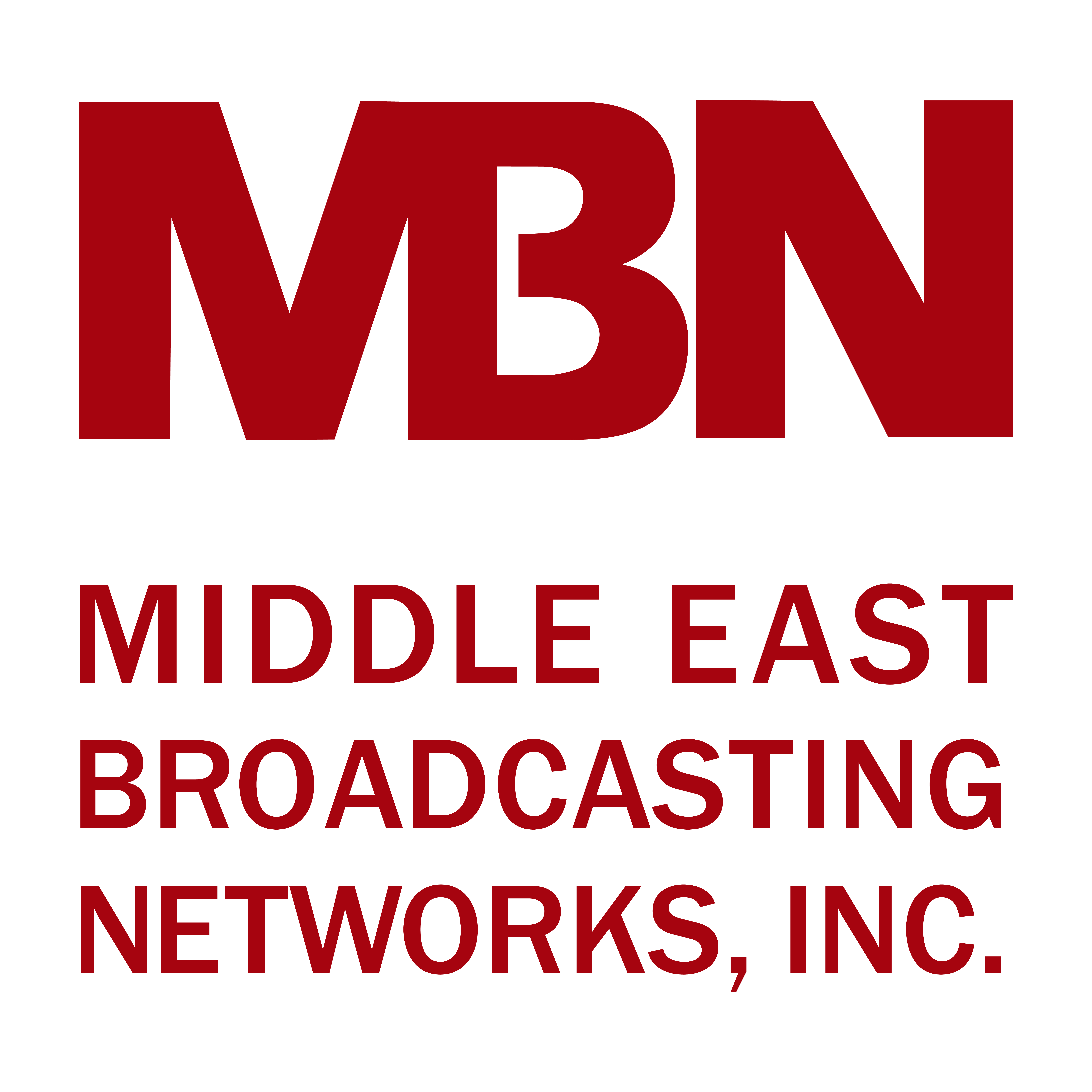Alhurra Television interviews National Security Advisor Lt. Gen. H.R. McMaster
Springfield, VA — National Security Advisor Lt. Gen. H.R. McMaster spoke to Alhurra Television for an in-depth interview. During the interview, he discussed Iran’s influence in Iraq and the Kurdish referendum, Hezbollah, Syria and the crisis in the Gulf. The following are excerpts from the interview:
Iran’s influence in Iraq
We have to support the government of Iraq. We have to support Prime Minister Abadi, who I think has done, I think, a tremendous job under very difficult conditions. But as everybody knows, the Iranians have done a very good job also of infiltrating and subverting Iraqi state institutions and functions, as well as creating these militias that lay outside of the Iraqi government’s control. I think what they intend to do is use them opportunistically to advance Iranian interests. You see that in reaction to the Kurdish referendum for example. So what really needs to happen, is all of the drivers of this terrible fitna, this terrible sectarian violence, have to be addressed and that has to be removing all causes of that kind of violence.
Role Iran played in the Kurdish referendum
They took advantage of divisions within the Kurdish Regional Government, divisions within the Patriotic Union of Kurdistan, after the death of Jalal Talabani, God rest his soul. And what they have done is tried to advance their interests at the expense of long-term security and stability in Iraq.
Following new sanctions, is Hezbollah a larger threat
I think the most dangerous course of action is to take is to not confront Hezbollah. To not confront these Iranian proxies who are propping up the Assad regime and helping that regime continue to murder its own people. To not confront Iran support for Houthis in Yemen, in a way that is perpetuating that civil war there. In a way, that is not only creating even more suffering inside of Yemen but is also posing a threat in the region to Saudi Arabia, in particular. So wherever you see problems, wherever you see communities pitted against each other and a destructive cycle of violence, you see the hand of the Islamic Revolutionary Guards Corps of Iran. And in Lebanon, this beautiful, thriving country, its security has been placed at risk by the continued Iranian support for Hezbollah and the provision of Hezbollah with weapons and other capabilities that threaten regional security.
If there is a role for Bashar Assad in a political solution for Syria
When you look at what is necessary to bring communities together, to end the cycle of violence, it is very difficult to imagine how Assad could be a part of that. I mean especially with the blood that is on his hands. And how he has had a hand in destroying his own country and creating so much human suffering, using some of the most heinous weapons on earth to commit mass murder against his own people. So what I think is necessary, is to have the right leadership, internationally, and then ultimately within Syria that can achieve that kind of accommodation. The kind of reconciliation that is necessary.
The GCC crisis and how it can be solved
The most important thing is for the GCC to resolve this conflict in a way that makes good on the pledges from Riyadh, during the President’s very successful trip there and his very productive meeting with the leaders of over 55 Muslim majority nations. And so, there was tremendous momentum coming out of that conference. And that momentum was based on those leaders’ visions of how to defeat these terrorists that are victimizing so many across the world. And that vision was based on three things, deny them any sort of safe haven support bases, don’t allow these terrorist organizations to control and victimize populations. The second was to cut off terrorist funding to these organizations. And the third is to defeat their wicked ideology, this takfirien Qutbist ideology. And so, the leaders were committed to doing that. This is where we are seeing a lot of progress in this area, among the Gulf states, including with Qatar, But I think what everyone wants to see, is what more can be done to fulfill that vision and restore unity within the GCC.
The interview will air in its entirety on Alhurra Television at 14:00 (EDT).
About MBN
MBN is non-profit corporate media outlet financed by the U.S. government through a grant from U.S. Agency for Global Media (USAGM), an independent federal agency. The USAGM serves as a firewall to protect the professional independence and integrity of the broadcasters.
Find out more
Contact Deirdre Kline
Director of Communications, Alhurra Television, Radio Sawa
- dkline@alhurra.com
- (703) 852-9250

